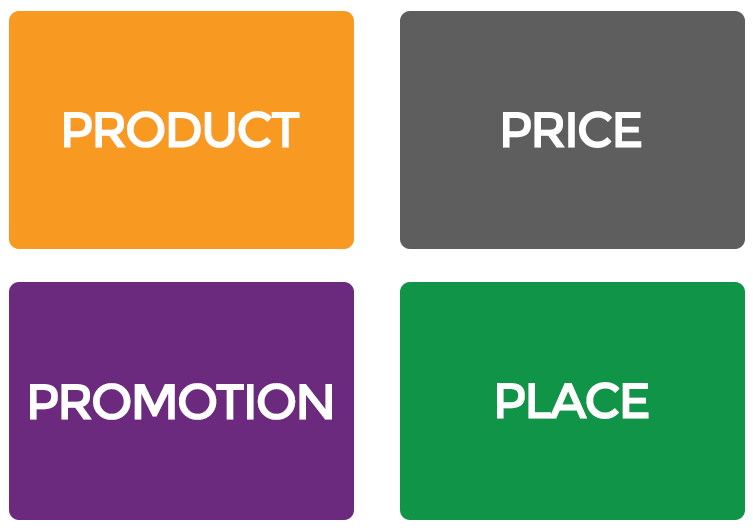
Rational Experience
WHAT IS RATIONAL EXPERIENCE?
Understanding the True Definition of Rational Experience
Rational experience is what accounts for half the typical customer experience, the rest is emotional. Most organizations focus solely on the rational experience, things like delivery times, how quickly calls are answered in a call center and how easy it is to deal with the organization.While these are important factors in a customer experience, they only comprise part of the customer experience.

IN 1953, NEIL BORDEN FIRST USED THE TERM “MARKETING MIX” IN REFERENCE TO WHAT ARE NOW RECOGNIZED AS THE FOUR P’S OF MARKETING.
SINCE THE 60’S THE FOUR P’S HAVE DOMINATED CUSTOMER LOYALTY RESEARCH, BUT IN THE 90’S AND BEYOND THE NEED TO UPDATE THE FOUR P’S HAS BECOME EVIDENT.
One of the weaknesses of this approach to understanding the customer is that it strictly appeals to the purely rational elements of the customer experience. Deliberate and effective customer experience management has a broad and lasting effect on customer acquisition, customer loyalty and customer retention.
But it’s necessary to address both the rational AND emotional factors that comprise a complete customer experience.
WHY ARE BOTH RATIONAL AND EMOTIONAL FACTORS NECESSARY?
Customer loyalty, by definition, is not rational. In fact, loyalty is a function of memory. In economic terms, rationality means people will choose the product or service that provides the greatest reward at the lowest cost. The benefits of a product or service are measured against its cost compared to similar products or services. Yet customer loyalty means that a customer is willing to forgo purchasing lower-priced identical products because of an irrational preference for a particular product or service.
Clearly, the Four Ps are not enough to assess whether a company is customer-centric. While product quality, best value for the dollar and convenience are important as purely rational values, ‘irrational’ values like happiness, belonging and self-actualization are equally, if not more, important to purchasing decisions.
The competitive playing field of modern business has shifted from the tangible and rational to the intangible and irrational. Physical assets (the Four P’s) matter less than the intangible assets sustained through long-term buyer/seller interactions.
We help organizations to understand the rational,emotional, subconscious and psychological elements of the experiences they provide and then design experiences that make the most of each of these aspects.
Connect on LinkedIn

Connect on X
Contact Colin
About Colin
Visit the Blog

Colin can help improve your brand awareness, advocacy and customer experience.
Why not contact Colin now
to find out how?
Contact us now
